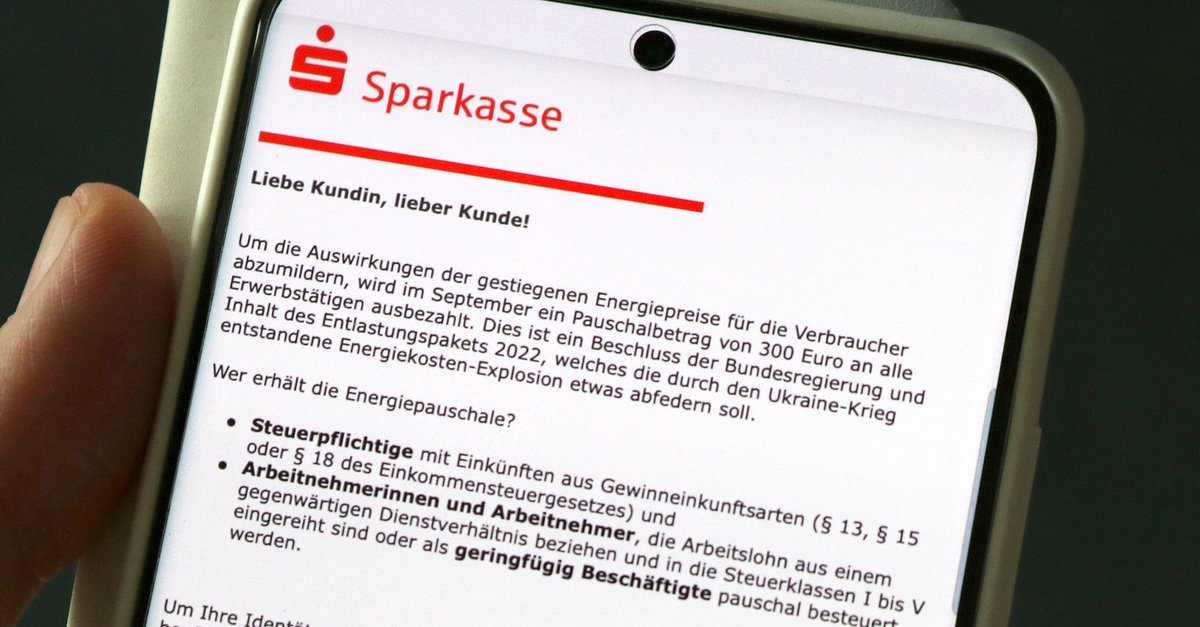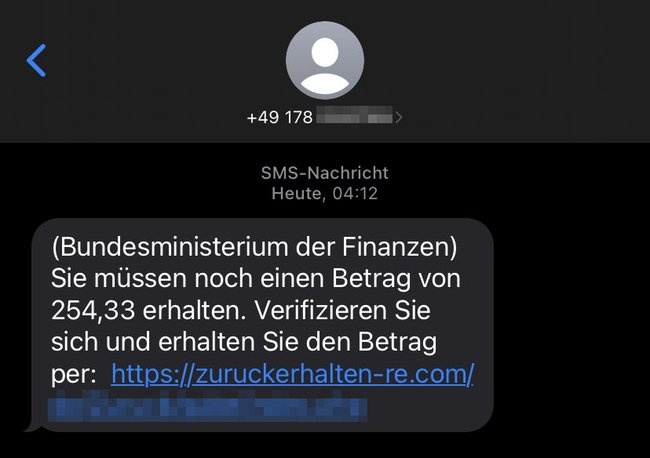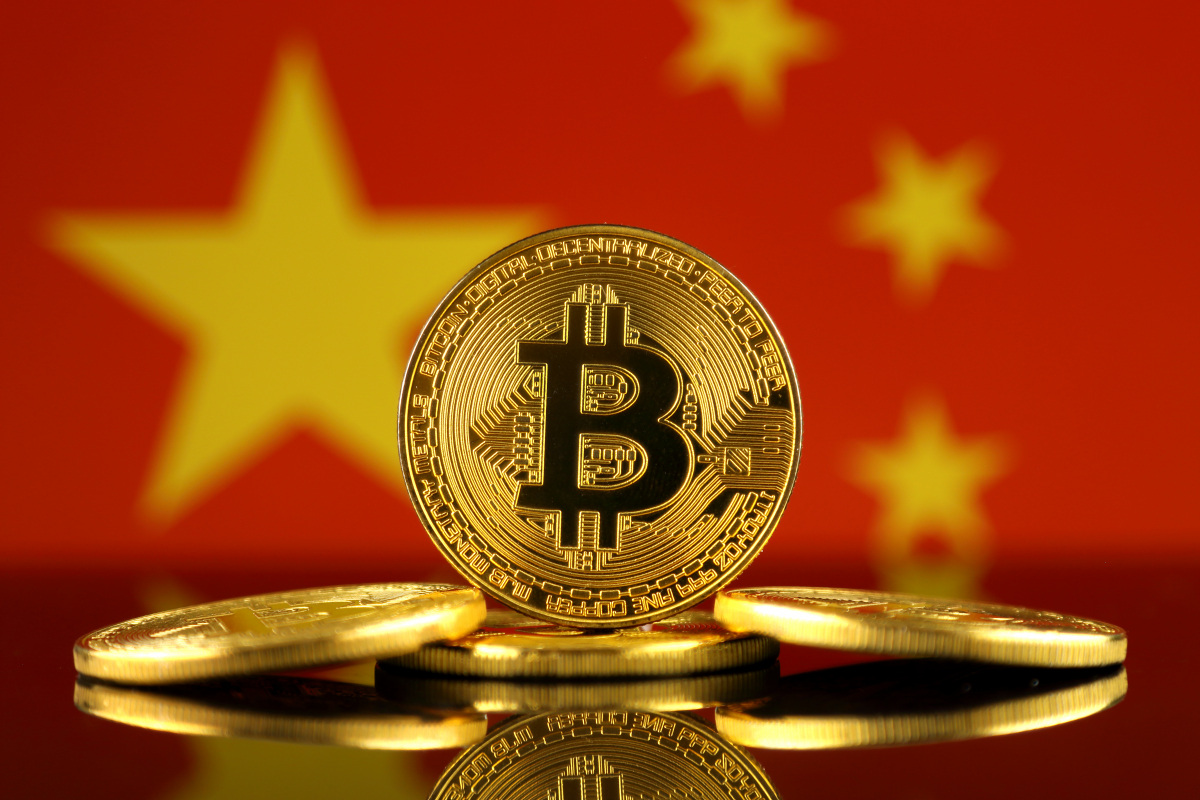Phishing scam with energy flat rate: beware of the trap!
The forthcoming energy flat rate is to be transferred to the account soon. Criminals take advantage of this and now take advantage of the opportunity to steal account data with a well-crafted phishing email. We explain what’s behind it and how you can defend yourself.
The e-mail is said to have come from your savings bank or as an SMS from “Federal Ministry of Finance“. The consumer center NRW warns currently in front of a scam that is trying to get your account data and personal information with which you can empty your account.
What is behind the bank mail on the energy flat rate?
Many citizens are currently receiving e-mails that claim to come from their Sparkasse – despite the fact that many recipients do not have an account there at all.
It then says that an energy flat rate of 300 euros will soon be paid to certain people and the Bank now has to check the customer data in order to determine the entitlement to this payment.
The e-mail contains a link that then leads to a counterfeit Sparkasse website. The victims are asked to enter their bank details there. In the course of this fake verification, the perpetrators receive not only your name and address, but also your online banking credentials.
In another variant, the attack is carried out via “smishing”. This is a neologism of SMS and phishing. The text messages are said to come from the “Federal Ministry of Finance” and also contain links to a page where your data is to be stolen.
You can always find current warnings about phishing attacks here:
Why is this nonsense and how should one behave?
The entitlement to the payment of the energy flat rate is not checked by the banks and savings banks, but by the tax authorities. In addition, the comparison of your personal data and account access would not constitute a check of your authorizations.
How can you protect yourself?
- If you get a message like this, don’t click on it right away. First of all, check whether the link even goes to your Sparkasse.
- Contact your bank and ask what the message is about.
- Forwards the e-mail to the address warning@sparkasse.de.
- On a special page the savings banks warn against such phishing attacks on their behalf. Check there to see if there are any reports about this.
- If you have already entered data on the linked page, contact your bank immediately. If that was outside of business hours, call the blocking emergency number on 116 116 and have your online banking access blocked in order to change the access data the next day.
In general, it is always the best decision not to react immediately. Your bank can also tell you bindingly the next day whether they have even contacted you by email. If not, follow the recommendations above and then you can delete the email.
Don’t want to miss any more news about technology, games and pop culture? No current tests and guides? Then follow us
Facebook
or Twitter.





